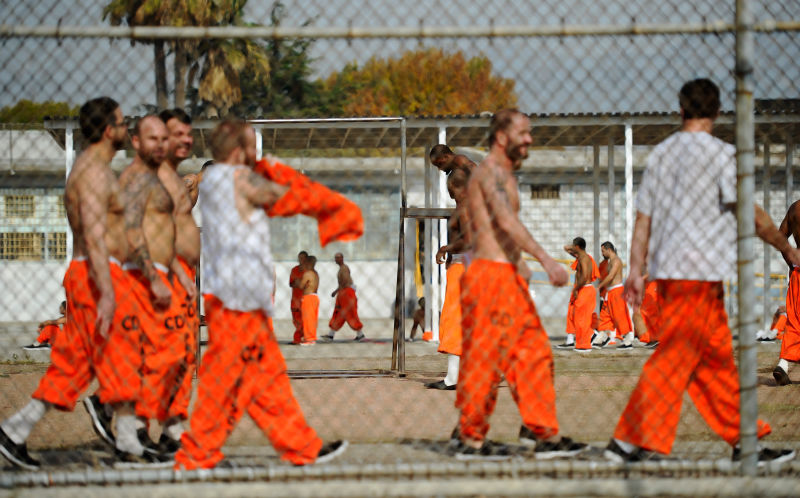Thursday marks the four-year anniversary of realignment, Gov. Jerry Brown's attempt to comply with a federal court order to lower the state prison population without the wholesale early release of prisoners.
The change in the law allowed nonviolent offenders to serve their time in local jails instead of state prisons, and shifted responsibility for many getting out of prison to local probation departments.
Critics warned the plan would be a public safety disaster -- in the words of one Republican lawmaker, leading to "blood in the streets." But a new report from the respected Public Policy Institute of California shows the policy shift has largely achieved its goals without many negative consequences.
The report finds that realignment, four years later, significantly reduced the prison population -- though not quite enough to comply with the federal court order to bring prisons to 137 percent of capacity (they had been at more than 200 percent of capacity).
But combined with other changes -- including two voter-approved ballot measures that softened the state's three strikes law and reduced some felonies to misdemeanors -- the state has been within compliance since January. Last year's Proposition 47, which reduced certain felony offenses to misdemeanors, has also helped jails that swelled to capacity because of realignment return to more manageable population levels.
Now prisons are at population levels not seen in 20 years -- before California voters and lawmakers embraced a series of harsh sentencing laws -- while crime rates remain at historic lows, the report states. In all, 18,000 inmates who would have been incarcerated are outside prison walls because of realignment, the report found.

